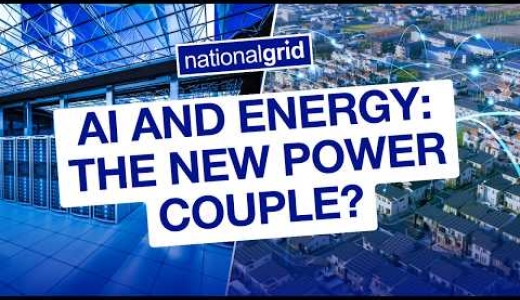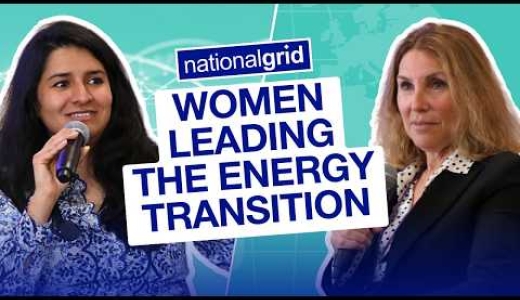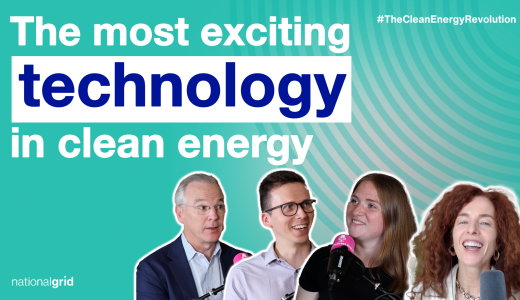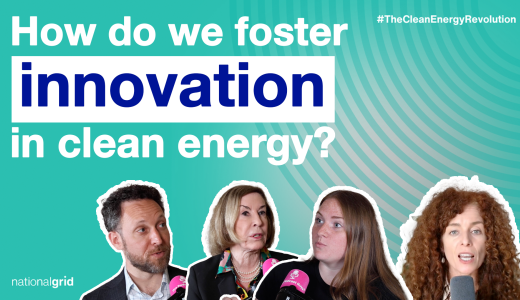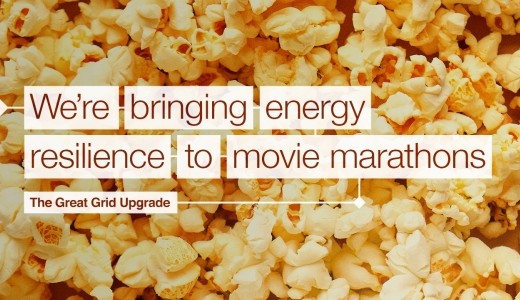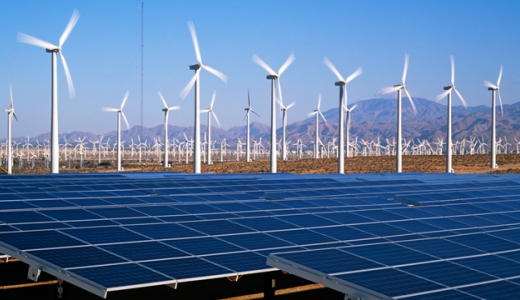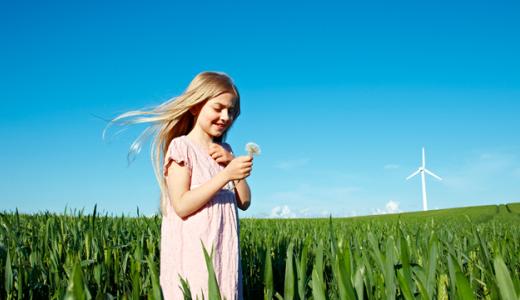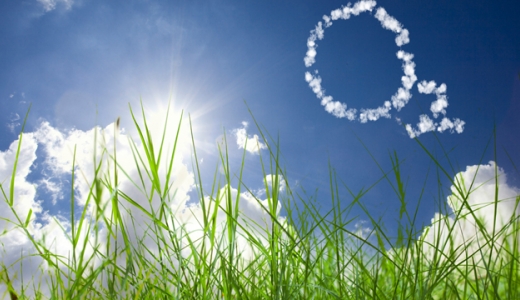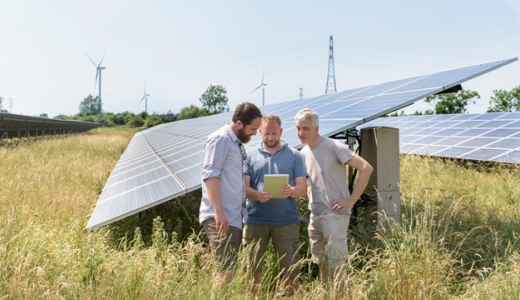In season 3 of The Clean Energy Revolution podcast, we continue to uncover the big stories in clean energy and the role it plays in tackling the negative effects of climate change.
We’ll take a look at the challenges and opportunities that come with renewable energy, including the impact on people and communities, how to make sure everyone benefits from the clean energy transition and what businesses can do – and are doing – to lead the way.
From AI to infrastructure, wind power to climate policy, expect conversations with experts, industry leaders and passionate individuals who are working towards a greener future.
Join us to discover how our lives will be powered as we work towards a net zero future that doesn't contribute to global warming, and how the industry as a whole can work together to help make this happen for the good of our planet.
Listen on Apple Podcasts
Listen on Spotify
Listen to season 3, episode 11:
Meet the unsung heroes of the electricity grid: Behind the scenes with overhead lineworkers
Overhead power lines transmit the vital electricity that our homes and businesses, schools and hospitals need. They’re exposed to all the elements – storms, winds, hail and snow - so someone needs to make sure they can withstand whatever is thrown at them. Thankfully there’s a team of people who do this 24/7 – lineworkers.
The UK’s transmission network has 7000km of overhead lines - lay the cables end-to-end and you’d get halfway to Australia. Laura Young, a.k.a Less-Waste Laura, chats to training instructor Thomas Norris, about how he leads his teams through extreme weather to keep the power on. Tom talks a day in the life of a lineworker, the training process and what it takes to climb the pylons and keep the network resilient.
In the US, Carolyn Kissane talks with Amy Broz, one of only two women lineworkers at National Grid in New York State. Her work involves emergency response, keeping electricity systems live in storms, after disasters and accidents. Amy talks role models, how the job has changed since the 1990s, and explains how mentorship is crucial for encouraging women in trades, community service and utilities.
Want to know more about becoming an overhead lineworker? Find out more about careers with National Grid
Meet our hosts
To explore the big clean energy stories on both sides of the Atlantic, season 3 has two brand new hosts...
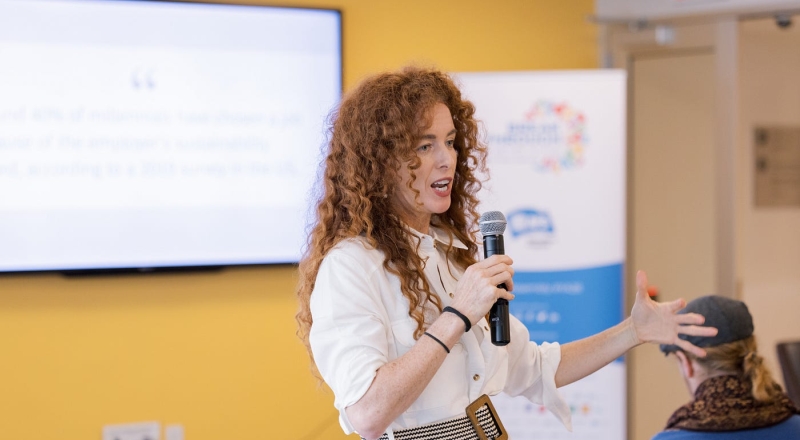
Dr. Carolyn Kissane
Carolyn serves as the Associate Dean of the graduate programs in Global Affairs and Global Security, Conflict and Cybercrime at the Center for Global Affairs at NYU. She is the Founding Director of the SPS Energy, Climate Justice and Sustainability Lab, Coordinator of the Energy and Environment concentration at the Center, and a faculty adviser to the Energy Policy International Club.
Carolyn also serves on the boards of the New York Energy Forum, New York Energy Week, and the Clean Start Advisory Board. She was named Breaking Energy’s Top Ten New York Women in Energy and Top Ten Energy Communicator.
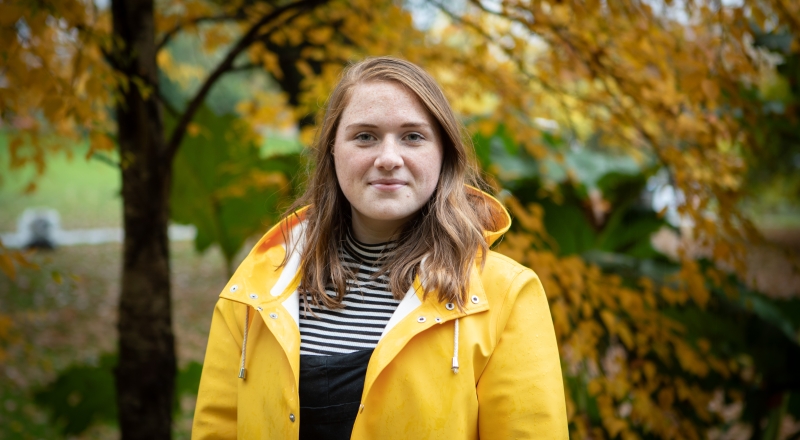
Laura Young
Laura – also known as @LessWasteLaura – is an award-winning climate activist, environmental scientist and ethical influencer. A former Scottish influencer of the year, she continues to campaign for climate justice and is a regular speaker in the media on climate, sustainability and environmental justice.
Laura is currently undertaking her PhD as a Hydro Nations Scholar in climate resilience work at the University of Dundee.
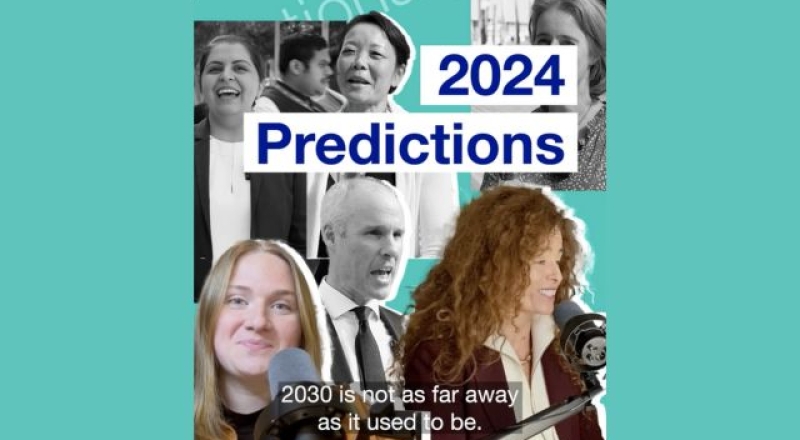
Watch the season 3 trailer
All episodes
Listen to all the episodes of The Clean Energy Revolution right here. New episodes will be released each month, so don't forget to subscribe!
What are the different types of renewable energy?
With the UK and US aiming to reach net zero by 2050, using electricity that comes from renewable sources is essential to help reduce our carbon emissions. Find about the different types of renewable energy sources and how they’ll be used in the future.


